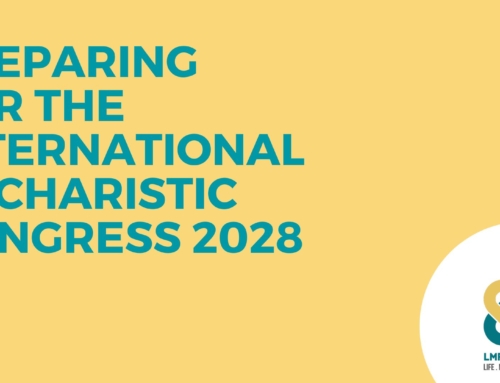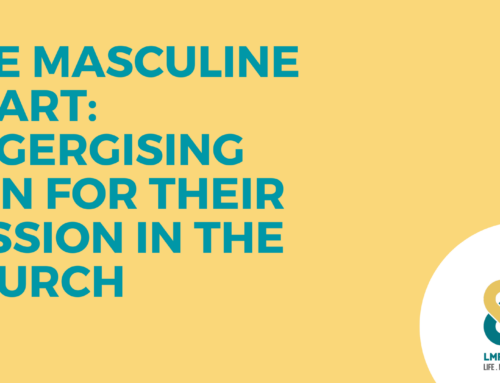A reflection on the Gospel for the Feast of St John Paul II.
Like most priests today, this is the first time I have preached on the feast of St John Paul II. What prayers, what readings do you pick to highlight the essential aspects of someone who shaped just about every aspect of the life of the Church over an extended period of time? The first reading from Isaiah seems fairly general, and the gospel reading is the stock standard reading from popes. So, it is the opening prayer – the collect for this feast- that seems most particular to John Paul. Let me repeat it:
God, who are rich in mercy
and who willed that Saint John Paul the Second
should preside as Pope over your universal Church,
grant, we pray, that instructed by his teaching,
we may open our hearts to the saving grace of Christ,
the sole redeemer of mankind.
It is the reference to Christ as Redeemer of humanity that is significant here. Pope John Paul’s first encyclical, and something of a manifesto for his entire pontificate, was Redemptor Hominis – the Redeemer of Man. It was the image of the person of Christ – God in human flesh -who was at the heart of all John Paul wrote and did; he who is both the source and the summit of our fallen yet redeemed humanity. As the first lines of the encyclical say:
“The Redeemer of Man, Jesus Christ, is the centre of the universe and of history. To him go my thoughts and my heart in this solemn moment of the world that the Church and the whole family of present-day humanity are now living.”
In presenting Christ, our Redeemer, as the key to the saintly life of John Paul, our liturgy today is hinting at the profound reality of God become one of us, and in so doing transfiguring our fallen humanity. In the one who gave up his human life so that we might have a share in his divine life, Pope John Paul offered to the Church and to the world a way of understanding the depth and breadth of our human condition, made in the image of God. What was created by God was redeemed by a human being. What was fallen in us was raised up in him. The divinely human Jesus is the centre of all humanity, in the world and in history.
As we know, this interpretive key found a particular expression in John Paul’s apostolic teaching on the human body. By looking to Christ, he taught us how to look at ourselves, to see the true image of ourselves in the image of God, made manifest to us in the humanity of Jesus. We might sum up this teaching by noting that we human beings do not have our bodies; we are our bodies. To be at home in our own body is to be a home with God.
If it is true of me, Peter, that my subjective home is my bodily life, then it is true of you, the objective home of your own humanity. I cannot be home in my own body unless I am also at home with another’s body. This is the nuptial meaning of our humanity: being at home in and with each other’s bodily realities. The great gift of Saint John Paul was to give us a language to speak of, and way of seeing, our humanity as utterly grounded in the bodily life of Jesus Christ, our Redeemer. Our bodies – male and female – have a purpose and meaning that takes us into the very life of God. Saint John Paul gave us a roadmap to our destiny.
Yet, while we can be confident of our redeemed friendship in Christ, we still carry the marks and confusions of our fallen natures. The roadmap is in our hands for us to follow, but we still need a guide along the road itself. In other words, we do not and cannot undertake this journey of our humanity alone; we need companions on the journey: to steady us when we trip and to guide us when we become lost.
It is providential, then, that Pope John Paul is now being interpreted for us by Pope Francis, who offers a particular word: accompaniment. Accompaniment is a way of revealing what it is like to be at home with those who aren’t, for whatever reason. In the breakdown of marriage, in the confusion of gender, in the struggles of body image, the task of mutual accompaniment is offered to us by Francis as the partner that travels with us home. As Christ accompanied that couple on the road to Emmaus, so that they might find their way home to him, so may we accompany each other home to ourselves.
On this feast of Saint John Paul II, may the renaissance of the nuptial meaning of our humanity be evident in the way we accompany each other home in Christ.





